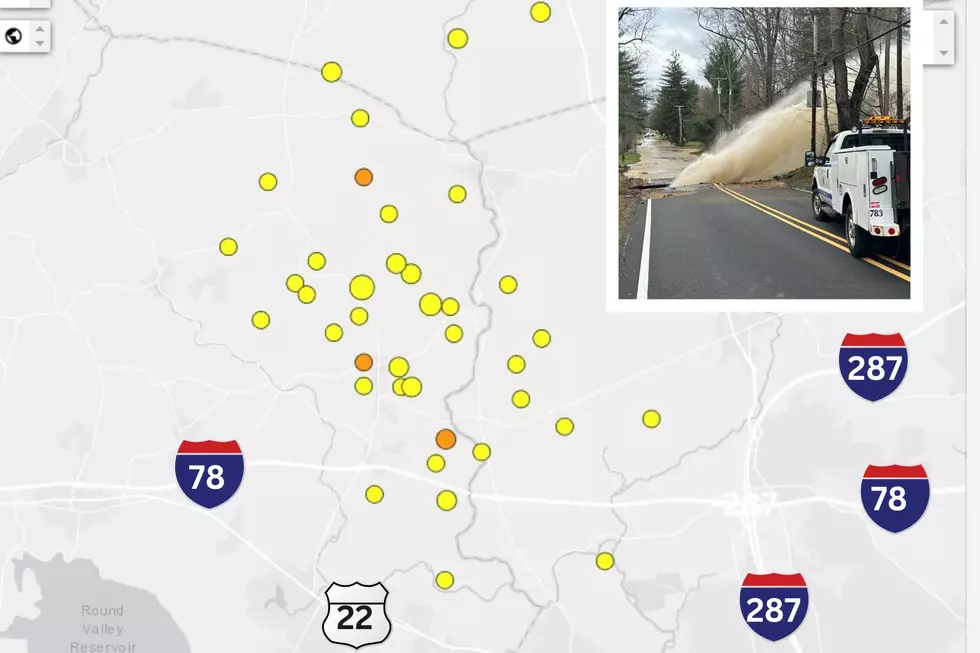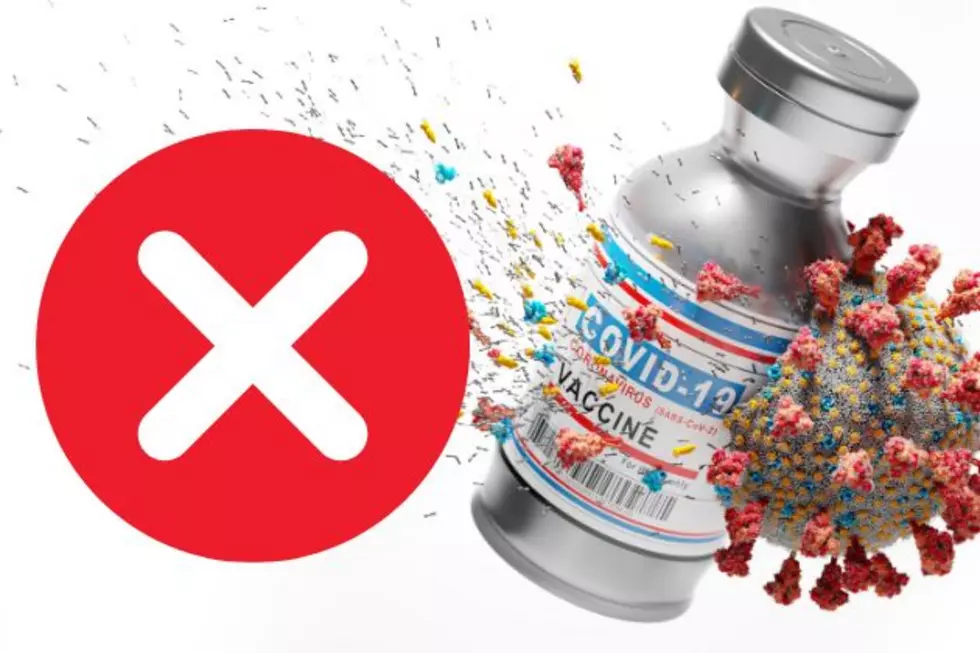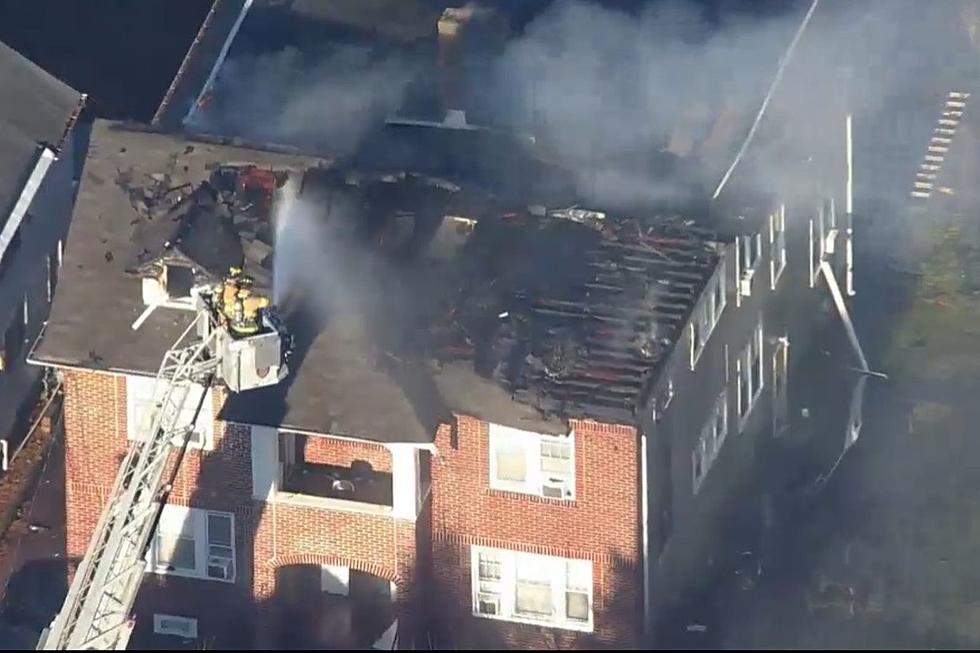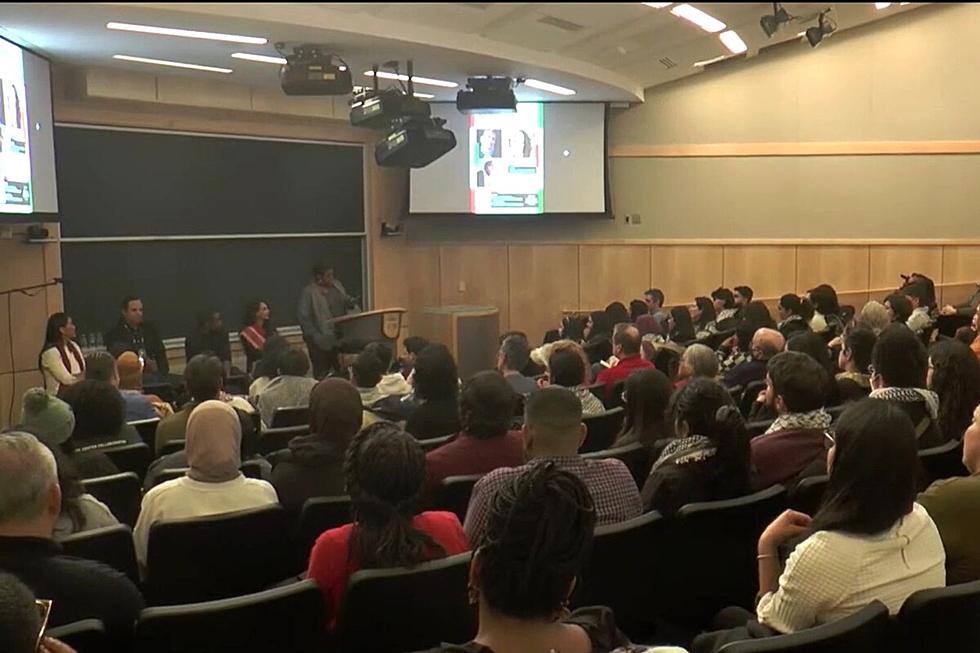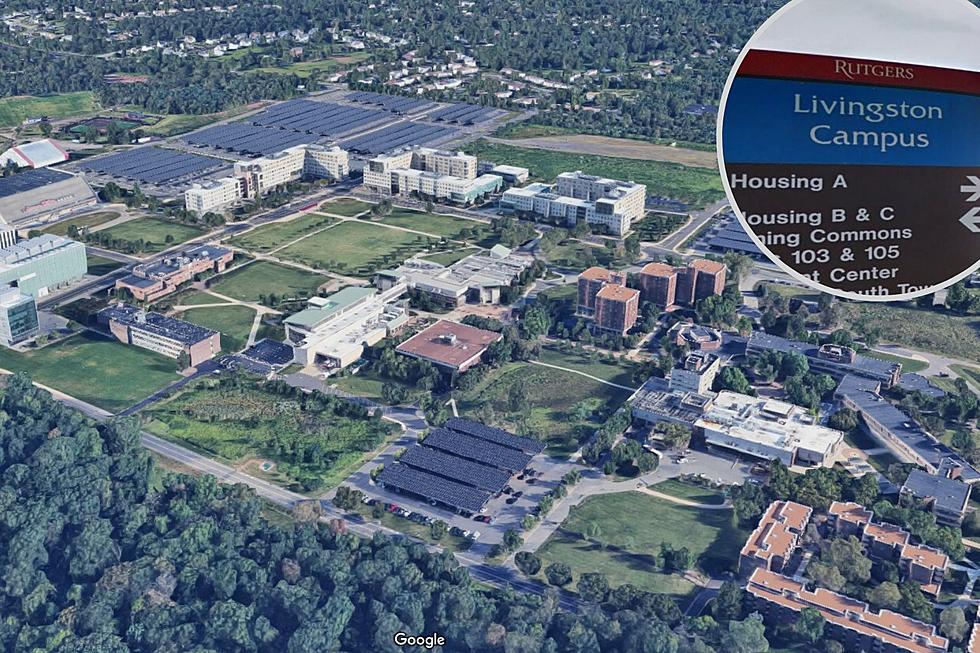
Lower NJ drinking age to 18? Lawmaker says ‘nanny-state’ ought to go
It’s not likely to happen anytime soon, but a New Jersey lawmaker is proposing to lower the state’s drinking age from 21 to 18.
Assemblyman Michael Patrick Carroll, R-Morris, said there’s a “nanny state, hands-on-you” culture shared by too many people that leads to a double standard when 18-, 19- and 20-year-olds are trusted with other responsibilities.
“There ought to be certain bright lines, and 18 is one of them,” Carroll said. “If you’re 18, the powers-that-be have determined that you’re mature enough to determine the identity of the person that’s going to have his or her finger on the nuclear button. You’re mature enough to buy a house. You’re mature enough to enlist in the armed forces and hoist a rifle. So the idea that you’re somehow immature enough to decide whether or not to have a beer strikes me as being absurd.”
Under a federal law enacted in 1984 that was sponsored by then-U.S. Sen. Frank Lautenberg of New Jersey, states that have a drinking age lower than 21 lose millions in highway funds.
Carroll acknowledges that the loss of federal highway funds has deterred states from lowering their drinking ages. He contends that provision might not hold up in courts today, pointing to a 2012 opinion by the Supreme Court that severed from the Affordable Care Act a provision that withheld pre-existing Medicaid funding from states that opted not to expand Medicaid.
“The Obamacare case said you can’t hold a state hostage. You can’t say you must use or must adopt a particular program or we’ll take away your Medicaid money,” Carroll said. “This case actually came up in the ‘80s, I think, and they said it was legal. But I’m not sure that the same case would not meet with a different fate before the Supreme Court today.”
Carroll also advocates that Congress pass a bill sponsored by U.S. Rep. Scott Garrett of New Jersey, the Surface Transportation and Taxation Equity Act. The idea, proposed for more than a decade without action, would let states could opt out of the federal transportation program and instead keep the 18.4 cents per gallon federal tax collected within their borders.
Professor Helene White of Rutgers University’s Center of Alcohol Studies said a lower drinking age would have safety and potential health impacts.
“The main impact would be on traffic fatalities. Previous research has demonstrated that when it was lowered from 21 to 18, there was an increase in fatalities among younger drivers, and when it was raised back from 18 to 21 there was a decrease. So that’s probably the most significant effect that research has shown,” White said.
“There’s another serious problem among young people drinking heavily, and that’s brain impairment. More and more research is showing that the adolescent brain continues to develop up until around age 25 and that heavy drinking through that period can have negative consequences that may last,” she said.
“Based on the brain research, one would set the legal limit at age 25, not at age 21,” White said.
Carroll’s bill, A3210, isn’t likely to get traction in Trenton, where it’s drawing no initial interest from the legislative leaders who set the agenda.
Plenty of bills are introduced that have no chance of becoming law, and many never even receive a hearing. In the two-year session that expired last month, only around 400 bills and resolutions were enacted out of the more than 9,000 introduced. (In fairness, some were identical bills.)
“If every bill you put in, you expected to pass, you’d be an idiot. Especially when you’re in the minority,” said Carroll, a lawmaker since 1996. “But what I have noticed over the years is that when you put in a bill often enough, oft times an idea which people dismiss right on the upfront as being impossible, or what have you, all of a sudden becomes the law.”
Among Carroll’s more ambitious ideas currently pending in the Legislature are repealing all campaign-finance and lobbying laws, allowing self-service gasoline and letting guns owners carry their weapons, either openly or concealed, in most places without a permit.
“Who knows? The power of a good idea sometimes takes a lot of time to assert itself,” he said.
After the repeal of Prohibition in 1933, most states set their minimum drinking age at 21, according to the 2012 book "College Drinking and Drug Use." After 18-year-olds were being drafted to serve in the Vietnam War, and the 26th Amendment gave 18-year-olds the right to vote in 1970, half the states lowered their drinking age to 18. By 1988, with national highway funds in jeopardy, all the states had returned their drinking age to 21.
New Jersey lowered its drinking age from 21 to 18 in 1973, raised it to 19 in 1980, then returned it to 21 in 1983.
Among the countries that allow alcohol consumption, only some states in India have a higher minimum legal drinking age than the United States.
And of course, even with the drinking age of 21, people younger than that drink alcohol.
According to the National Clearinghouse for Alcohol and Drug Information, around 260,000 people in New Jersey between the ages of 12 and 20 used alcohol in the past month, according to 2013 and 2014 surveys. That amounted to roughly one-in-four people in that age range.
Around 161,000 people ages 12 to 20 in New Jersey had binged, meaning at least five or more drinks on a single occasion.
“Just because we have the 18- to 20-year-olds not being allowed to drink doesn’t mean they don’t drink,” White said. “They drink, and in fact rates of drinking in this age group are higher in the United States than several European countries with an age 18 legal limit.”
More From New Jersey 101.5 FM
